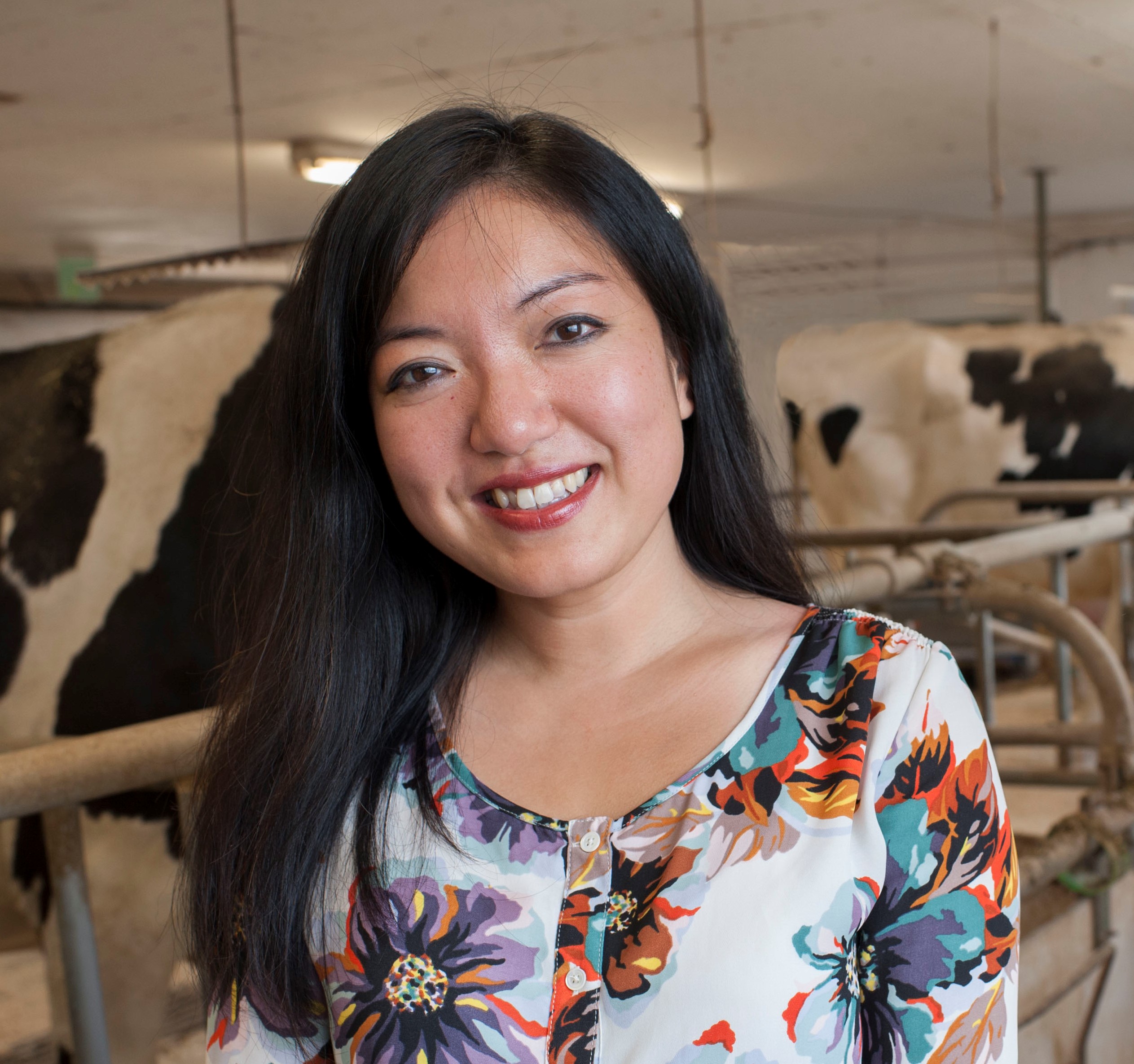Felicia Wu named Fellow of the Society for Risk Analysis
Wu receives honor granted to top 1% of Society for Risk Analysis members for her achievements in risk analysis and science policy, and service to the organization

Felicia Wu, John A. Hannah Distinguished Professor in the Michigan State University (MSU) departments of Food Science and Human Nutrition, and Agriculture, Food and Resource Economics, has been named a Fellow of the Society for Risk Analysis (SRA). Up to 1% of SRA members per year are selected as Fellows based on achievements in science and public policy, and service to the organization.
“It’s a huge honor,” Wu said. “The Society for Risk Analysis is such a welcoming home professional society. If you can talk about growing up in your career, I sort of grew up in the SRA family.”
Wu received the award during the SRA Annual meeting, which took place virtually December 13-17. She was on the same award meeting roster as Anthony Fauci, the director of the National Institute of Allergy and Infectious Diseases, and a leader of the White House Coronavirus Task Force.
“To receive this SRA Fellow Award at the same time that Dr. Fauci will receive SRA's Distinguished Achievement Award is amazing,” she said. “He is one of my pandemic heroes, and probably is for many others as well.”
Wu, who has been involved with SRA for 22 years, attended her first annual meeting as a graduate student at Carnegie Mellon University. Since then, she has served as chair for two specialty groups within the organization: one focused on risk communication, and the other on biological stressors (now known as the microbial risk analysis group). In addition, Wu was one of nine SRA Councilors from 2009-12. Councilors are selected to help the organization’s president and president-elect govern.
Wu estimates that she and her students have given at least 50 presentations at SRA Annual Meetings. Her first presentation was in 1998, while she was attending Carnegie Mellon. It focused on how to communicate safety issues of public utility water to protect populations from disease and infection. This year, Wu will present on protecting meatpacking workers from the novel coronavirus.
In recent years, Wu’s work has focused on keeping the national and global food supplies safe. An experience that stands out to her is being part of a World Health Organization (WHO)’s Foodborne Disease Burden Epidemiology Reference Group. With this group, she worked to understand how much human disease around the world is caused by contaminants in our food supply. This is especially important for children under the age of five, who are more susceptible to foodborne illness, especially in developing countries, where access to medical remedies and care is more limited.
“No one had attempted to measure the contribution of food contaminants to disease on a global scale before, so our WHO effort was a first,” Wu said. “What gets measured, gets managed, and I think this made a substantial wrinkle in enforcing the urgency of keeping our food supply safe.”
One of the reasons Wu is appreciative of SRA is for the collaborative opportunities the annual meeting offers.
“SRA allows risk analysis professionals to come together and share our ideas, talk about putting together a paper or a project that we might get off the ground to advance risk in so many different areas,” she said.
Wu said it’s beneficial for graduate students to get involved early with professional organizations like SRA — and stay involved throughout their careers.
“For me, the Society for Risk Analysis was that home organization that helped launch my research interests and my career when I was a grad student,” she said. “I've tried to give back as much as I can because SRA has helped me so much in professional development. I would encourage everybody to do the same.”



 Print
Print Email
Email




